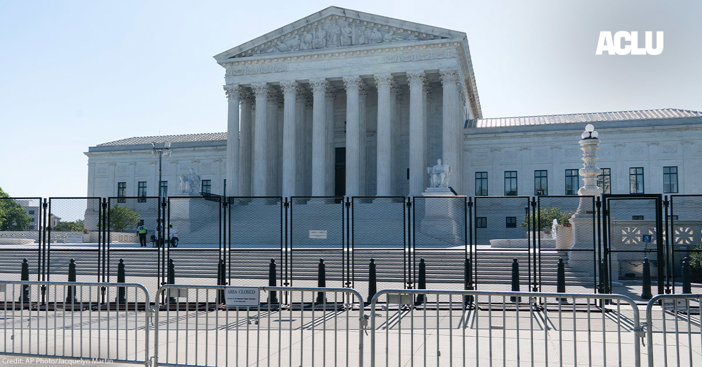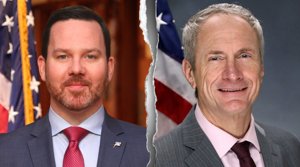
ACLU Files Suit Challenging Trump’s Birthright Citizenship Order
ACLU files class-action suit to block Trump’s birthright citizenship order as Supreme Court clears path for policy to proceed.
Legal Challenge Follows Supreme Court Ruling
Just hours after the Supreme Court delivered a significant victory to the Trump administration by limiting the use of nationwide injunctions, a coalition led by the American Civil Liberties Union (ACLU) launched a major legal challenge against President Donald Trump’s January executive order on birthright citizenship. The lawsuit, filed in federal court in New Hampshire, targets a policy that redefines who qualifies for U.S. citizenship at birth, threatening to exclude children born on American soil to mothers who are unlawfully present or temporarily in the country and whose fathers are neither U.S. citizens nor lawful permanent residents.
The Supreme Court’s 6-3 ruling, while not directly addressing the legality of the executive order, opens the door for Trump’s birthright citizenship policy to take effect in at least parts of the country, pending further legal review. Lower courts now have 30 days to reconsider their existing rulings in light of the new standard, which restricts nationwide injunctions to only those cases where full relief for plaintiffs is otherwise impossible.
Represented by the ACLU, the ACLU of New Hampshire, the ACLU of Maine, the ACLU of Massachusetts, Legal Defense Fund, Asian Law Caucus, and Democracy Defenders Fund, the plaintiffs in the class-action suit include children at risk of being denied citizenship and their families. The lawsuit claims that the executive order is a direct violation of the Fourteenth Amendment, which guarantees that “all persons born or naturalized in the United States, and subject to the jurisdiction thereof, are citizens.”
The complaint also cites the landmark Supreme Court case United States v. Wong Kim Ark (1898), which established that children born in the U.S. to noncitizen parents are entitled to citizenship. Attorneys argue that Trump’s policy would create a “permanent, multigenerational subclass” of Americans denied legal status and equal rights under the law.
This is not the first legal challenge to the administration’s order. In January, the same coalition filed a separate lawsuit in New Hampshire on behalf of advocacy groups whose members expected to be affected by the policy. That case resulted in protections for those members and is now pending before the 1st Circuit Court of Appeals.
Justice Amy Coney Barrett, writing for the Supreme Court majority, emphasized that the Court’s ruling was strictly about the scope of remedies federal courts may issue—not about the constitutionality of Trump’s order. In dissent, Justice Sonia Sotomayor suggested that affected families should promptly file class-action suits and seek temporary relief, calling on lower courts to act quickly in such high-stakes cases.
“The Supreme Court’s decision did not remotely suggest otherwise, and we are fighting to make sure President Trump cannot trample on the citizenship rights of a single child,” said Cody Wofsy, deputy director of the ACLU’s Immigrants’ Rights Project. Devon Chaffee, executive director of the ACLU of New Hampshire, added, “No politician can ever decide who among those born in our country is worthy of citizenship.”
The lawsuit, Barbara et al. v. Trump et al., features plaintiffs from Honduras, Taiwan, Brazil, and the U.S., including a New Hampshire mother worried her fourth child will not be granted citizenship. Advocates warn that the order, if left unchecked, will have life-altering consequences for thousands of American-born children and their families.
White House spokesperson Liz Huston responded by praising the Supreme Court’s decision as a rejection of “weaponized lawfare” against the administration, vowing that President Trump would “continue to implement his America First agenda.” The administration is prepared to litigate the merits of birthright citizenship as the cases make their way through the courts, maintaining the policy is vital for border security and national sovereignty.
As the legal showdown intensifies, the outcome will determine not only the future of birthright citizenship in the United States but also the fate of families caught in the evolving crosscurrents of immigration law and executive power.






